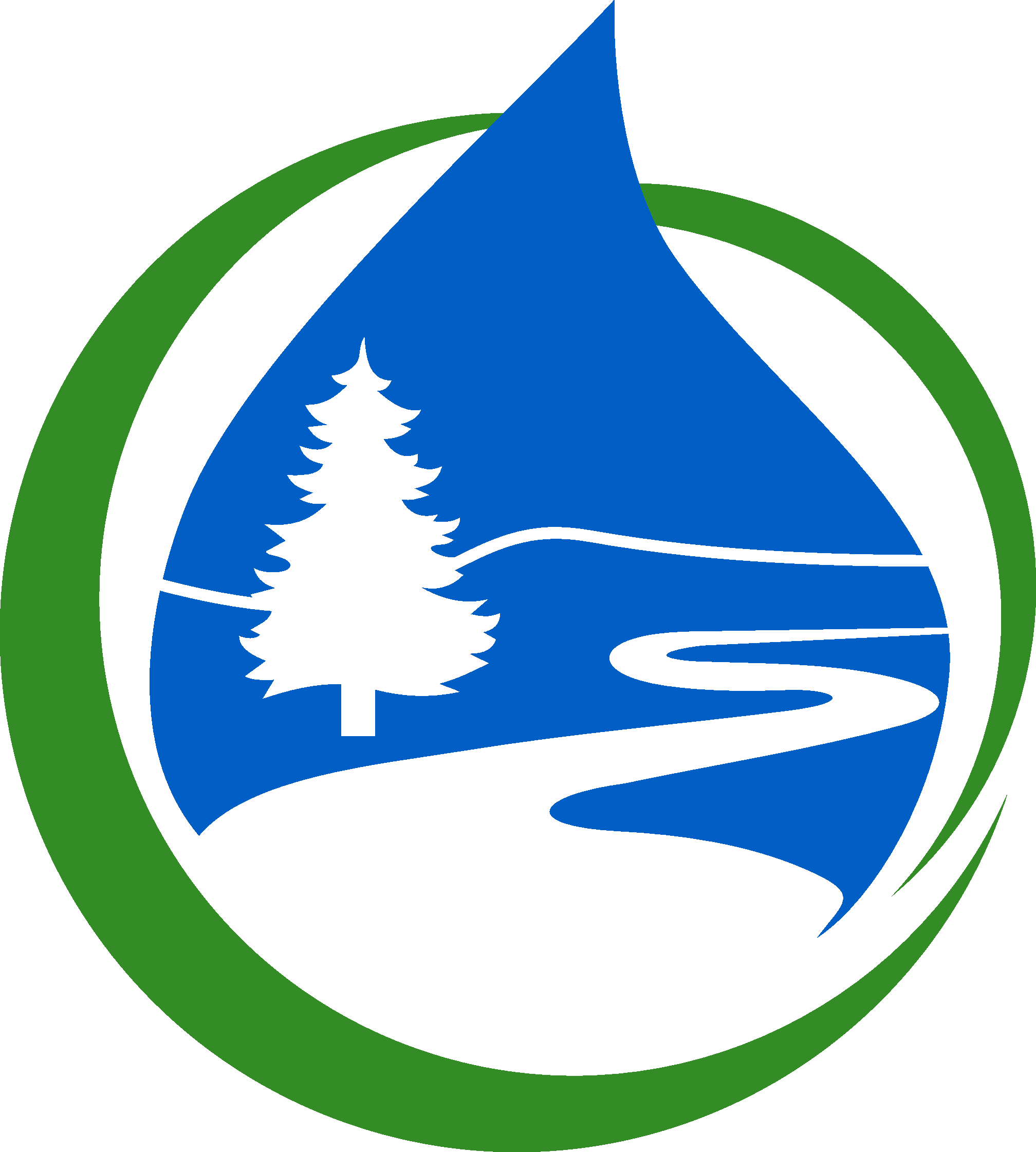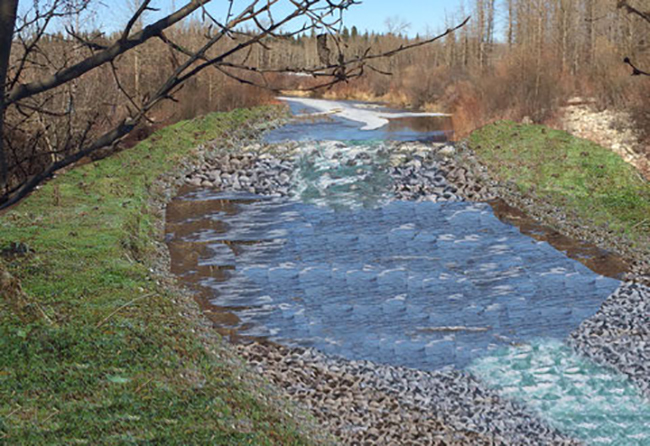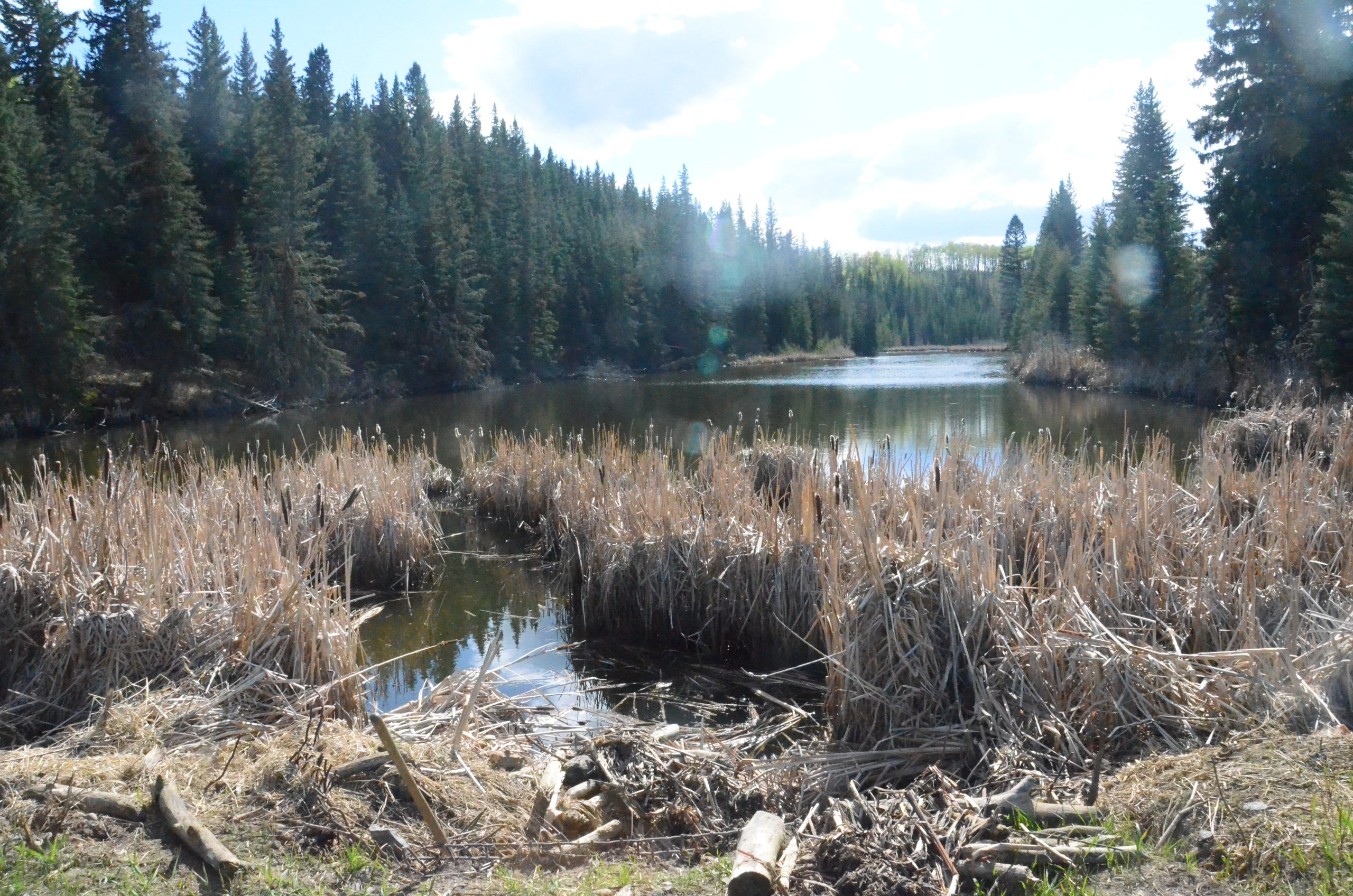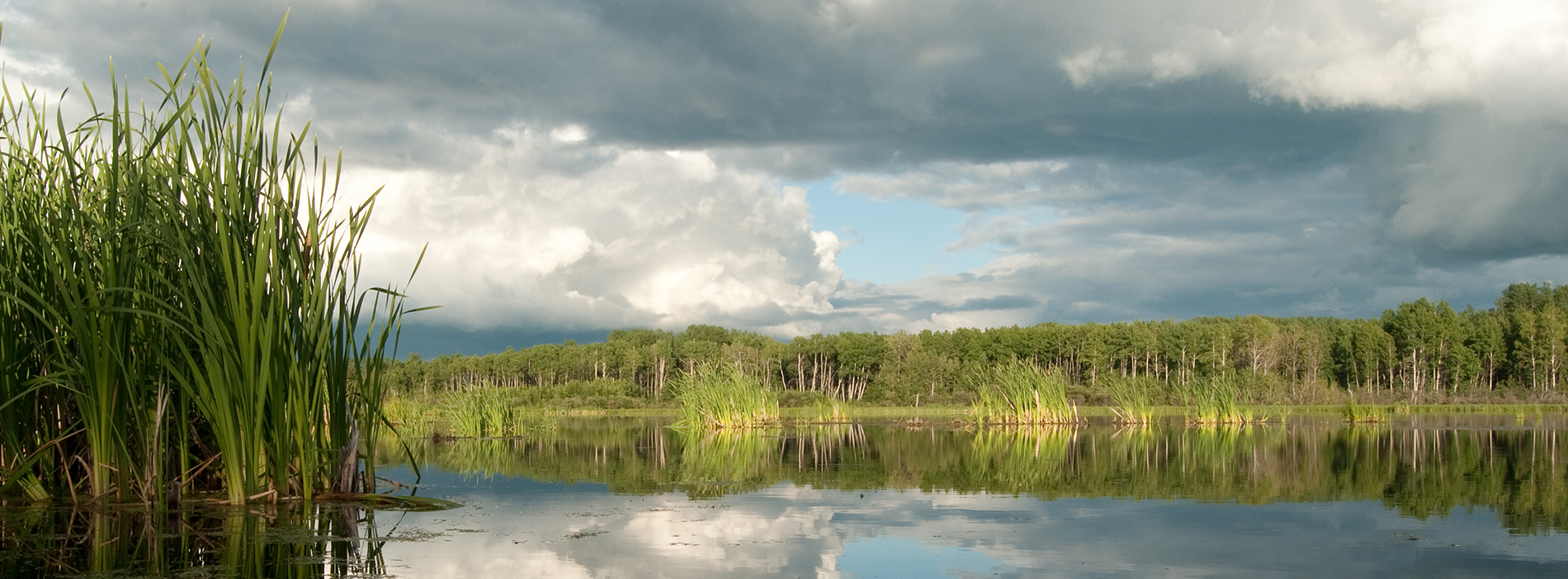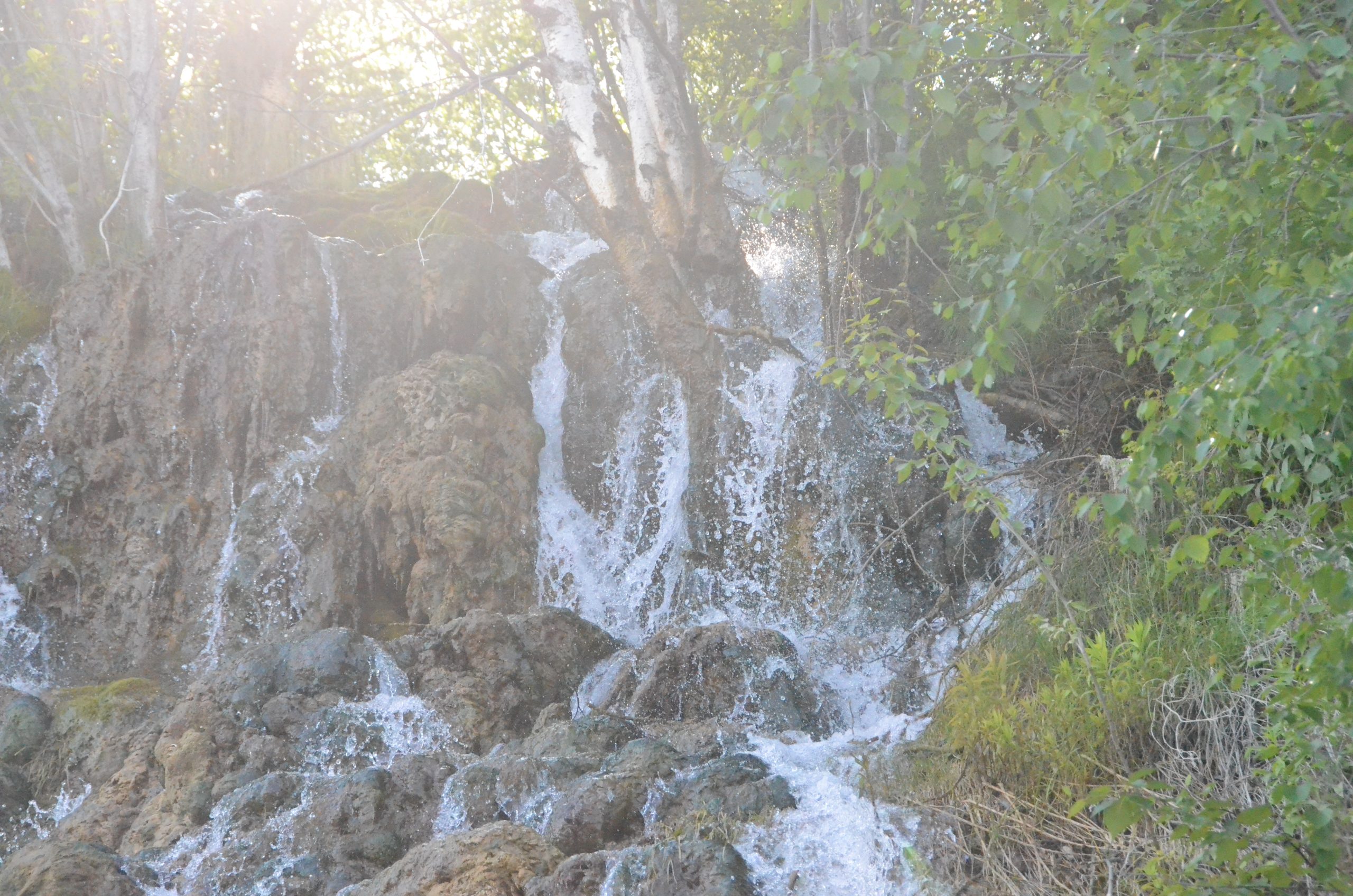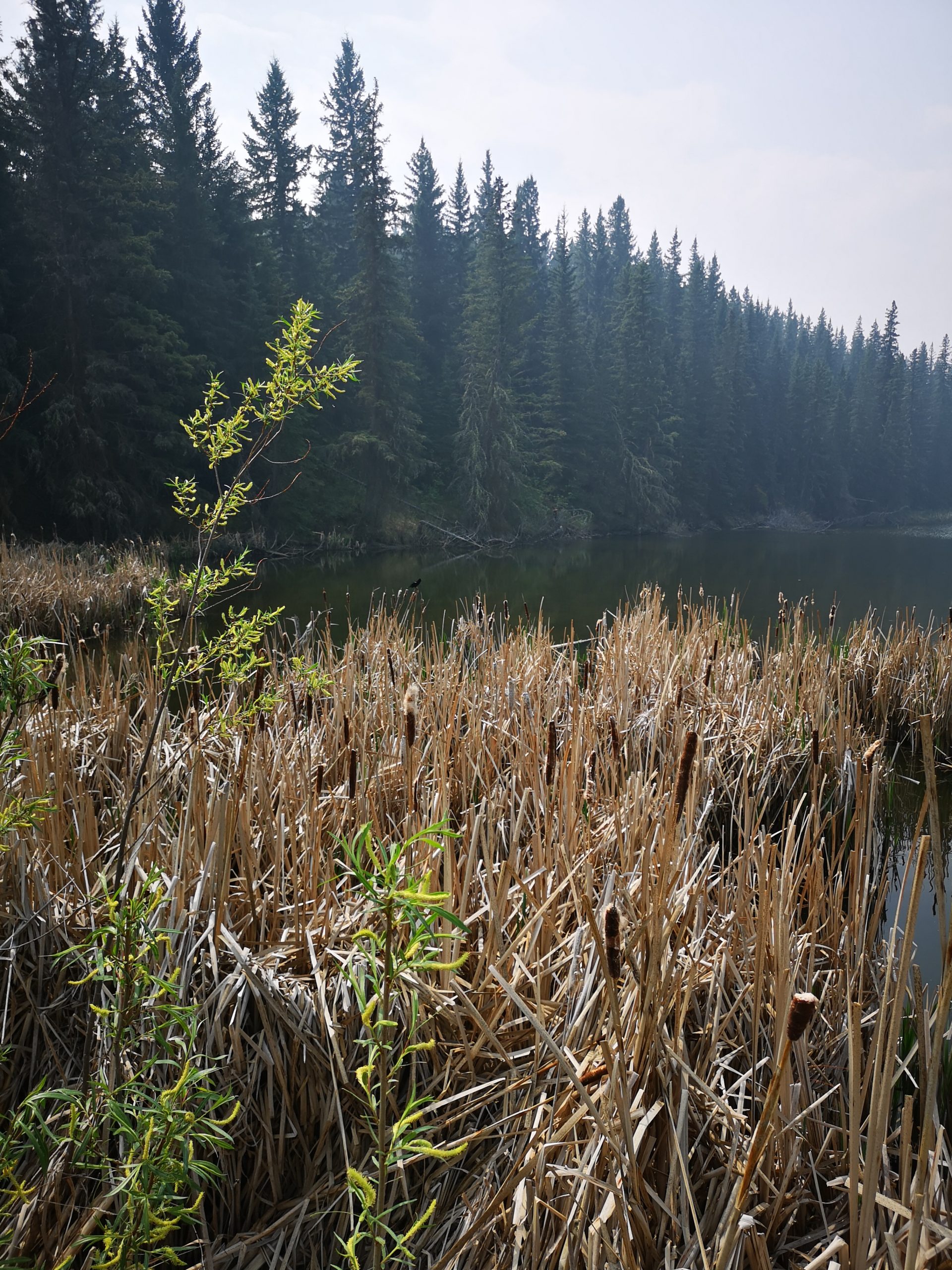Redwillow Watershed Restoration Project
Redwillow Watershed Restoration Project
The Redwillow Watershed Restoration Plan is a roadmap to help all of the organizations active in the watershed to collaborate and streamline their efforts. We will be improving efficiency and the effective use of resources by following this roadmap that everyone came together to develop.
Project Updates
Arctic Fish
PLAN & REPORTS
Here is the report submitted to the Department of Fisheries and Oceans regarding the fish passage work on the Beaverlodge River:
The following report was submitted to Alberta Environment and Parks and the Department of Fisheries and Oceans in fulfilment of regulatory obligations for the fish passage work at the Beaverlodge weir:
Our report from the 2021 winter water quality monitoring is available:
The following two reports were submitted to Alberta Environment and Parks and the Department of Fisheries and Oceans in fulfilment of regulatory obligations for the fish passage work:at the Beaverlodge weir:
Check out the great article on the fish passage work that was done together with our partners.
Fish Passage Design
We continue to work with qualified professionals in the fields of fish biology, hydrogeomorphology and engineering as well as the public and stakeholders to develop the best possible design for fish passage at the Beaverlodge weir. Here is a letter addressed to a few specific concerns raised around fish passage.
Our Partners
As much as we are excited about working on livestock crossings, we are at least as excited about continuing work with some excellent partners.
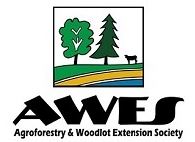

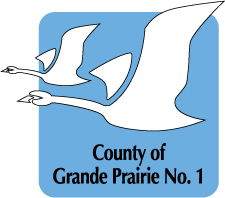
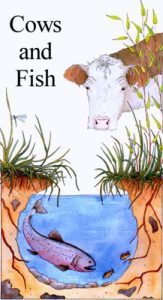


We would like to thank the Government of Alberta for providing funding for this project through the Watershed Resiliency and Restoration Program.
